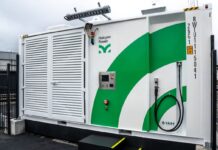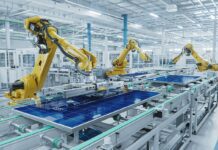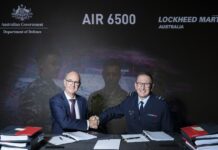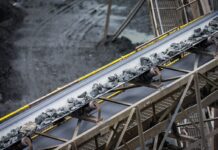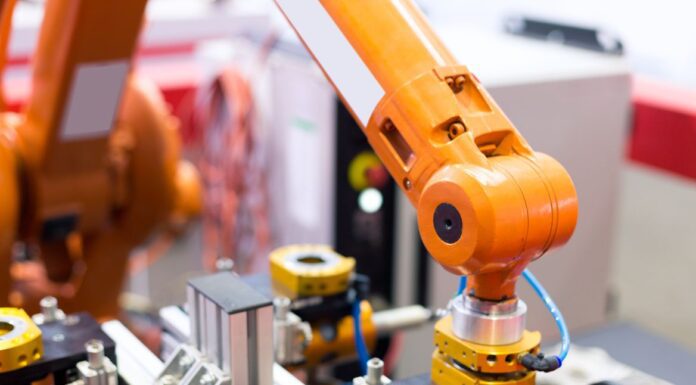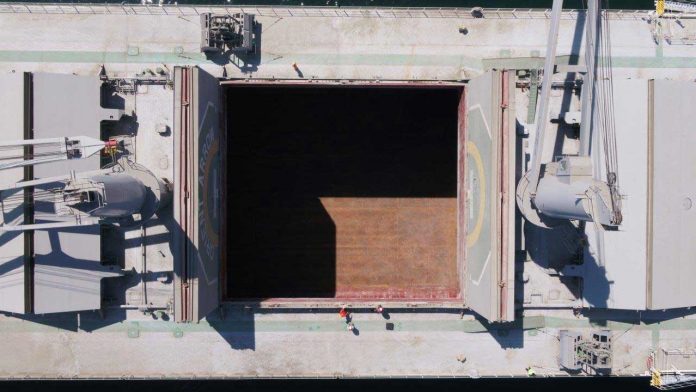
BHP is accelerating the adoption of drones across its mine sites, with drones now taking flight at the company’s ocean freight operations.
Realising the enormous safety benefits and efficiency gains that drones bring to the table, BHP has begun using drones in its ocean freight business for the inspection of holds and for the taking of draft readings.
BHP’s Vice President of Marketing Freight, Rashpal Bhatti, said the move resulted in cutting inspection times per hold from an hour to 15 minutes.
“The hold inspection process involves ships which have five to nine holds which a person checks by climbing down ladders. The inspector has to be physically fit, use fall protection, and carry a parrot (oxygen meter) to make sure there is enough air in the hold. And it takes a lot of time,’’ Bhatti said.
“With drones, we can fly them into a hold and capture 4K images, but also infra-red, and other types of cameras that can show cracks or other specific parameters that cannot be seen with the naked eye.’’
“There are basically three or four types of ships with hold sizes about the same. So once you program a drone to go in to a certain ship, it can become an autonomous process.’’
“So you have a better way to assess the condition of the hold, and you are removing a person from a potentially hazardous situation,’’ Bhatti said.
The company is also investigating the use of drones to improve the safety, time and cost of ship draft readings, which is usually done from a boat when the ship is berthed and ready for a cargo.
Mr Bhatti said one of the logistical challenges to overcome is to get the drones on ships when they are offshore at anchorage, as distinct from being berthed.
“We are working with ship owners on this and other ways to use technology to improve safety and productivity,’’ Bhatti added.
While still in the trial phase, he sees the potential for drones to be a key part of a tablet-based technological package, incorporating artificial intelligence that provides captains a digital view of their ship.
“All of our chartered ships receive a tablet when they berth. And on the tablet they can read the tension of the mooring line which has major safety benefits,’’ Mr Bhatti explained.
“The question now is can the same tablet become a holistic technological package by also delivering ship hold inspection data, draft readings and other critical information captured by drones. It’s all a bit futuristic but that is the direction we are going.’’


